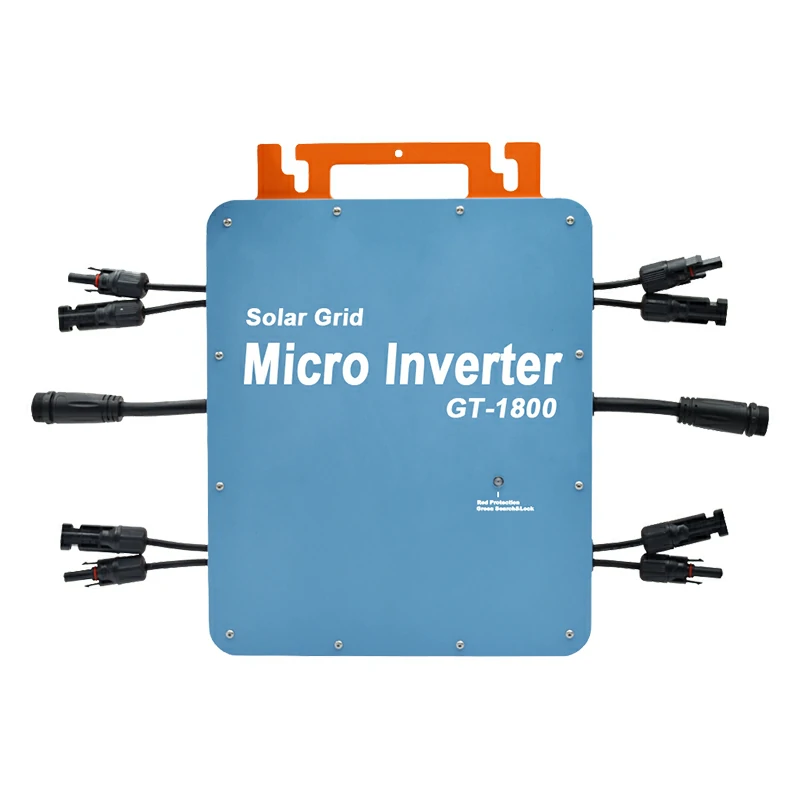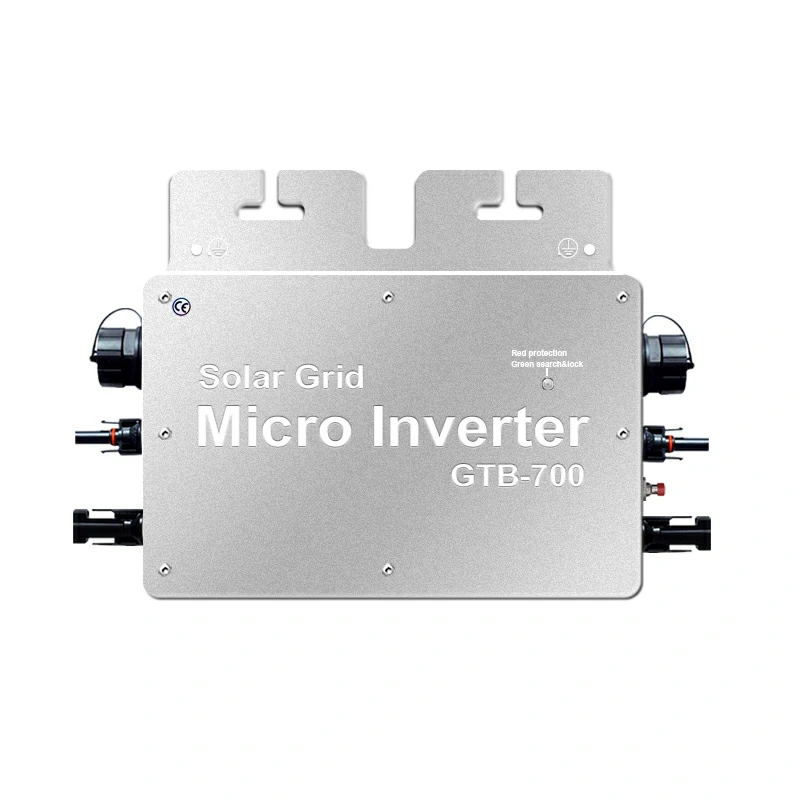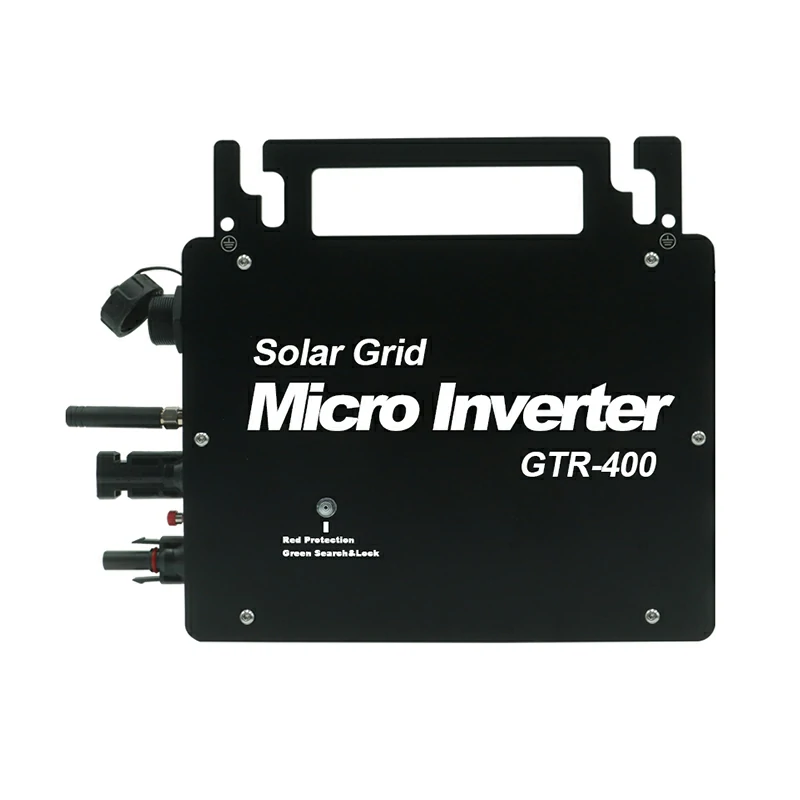Introduction
Microinverters have become pivotal for efficient solar energy systems in the evolving renewable energy landscape. With the rise in usage, robust and reliable designs are more critical than ever. This article delves into why achieving IP67 waterproof standards is essential for microinverters, a standard diligently upheld by leading manufacturers and Custom Microinverters Manufacturers.
Decoding IP67 Waterproof Rating
The IP67 rating is a testament to a device’s ability to resist water and dust infiltration. This rating ensures that a microinverter is completely protected against dust and can withstand immersion in water up to 1 meter deep for 30 minutes. Such resilience is crucial for microinverters, often exposed to the elements.
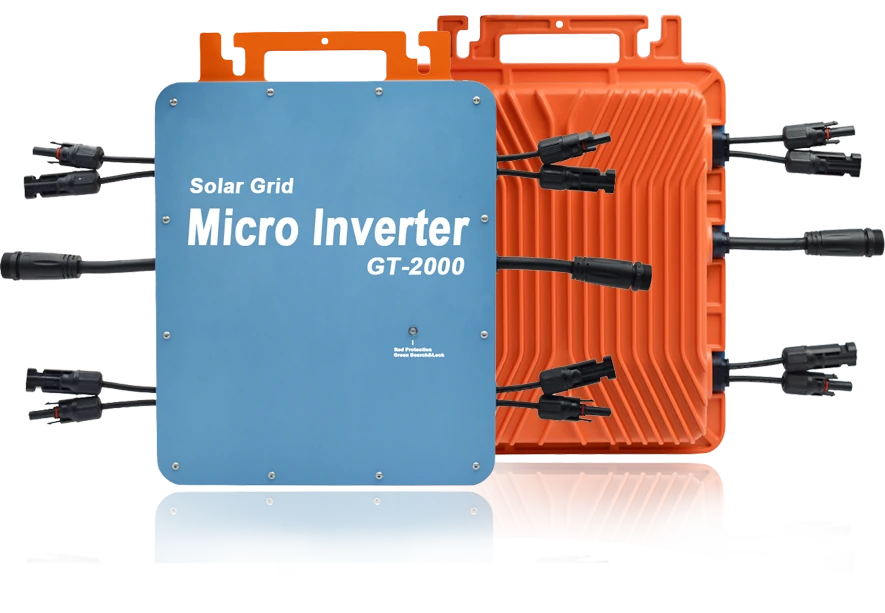
Critical Benefits of IP67 in Microinverters
Enhanced Durability
- The IP67 waterproof standard significantly extends the lifespan of microinverters. By preventing dust and water ingress, these devices are less prone to corrosion and other damage, leading to fewer failures and longer operational life. This durability is a crucial focus for microinverter manufacturers, ensuring their products can withstand harsh environmental conditions.

Improved Safety
- Safety is paramount in electrical devices, and microinverters are no exception. The IP67 rating guarantees that these units are safe from water-induced electrical hazards. This protection is crucial, especially in areas prone to heavy rainfall or flooding, where water exposure can lead to short circuits or other dangerous situations.

Consistent Performance
- Microinverters with an IP67 rating maintain consistent performance, even in challenging weather conditions. This reliability is essential for solar energy systems, where disruption can significantly impact energy production. Custom Microinverters Manufacturers understand this need and design their products to function optimally, regardless of external environmental factors.

Operational Reliability in Harsh Environments
- The capability to operate reliably in diverse environmental conditions is a testament to the resilience of IP67-rated microinverters. These devices continue to perform effectively in a dusty, rural area or a humid, coastal region. This operational reliability is a cornerstone for microinverter manufacturers, who strive to provide versatile and robust solutions for various geographical locations.

IP67 and Its Impact on Microinverter Efficiency
The integration of IP67 waterproof standards directly impacts the efficiency of microinverters. These inverters maintain optimal electrical connections and prevent performance degradation by safeguarding the internal components from moisture and dust. This results in consistent energy conversion rates, a crucial factor for solar energy systems where every bit of efficiency counts. Maintaining high efficiency under all conditions is a key design goal for Microinverters Manufacturers and Custom Microinverters Manufacturers.
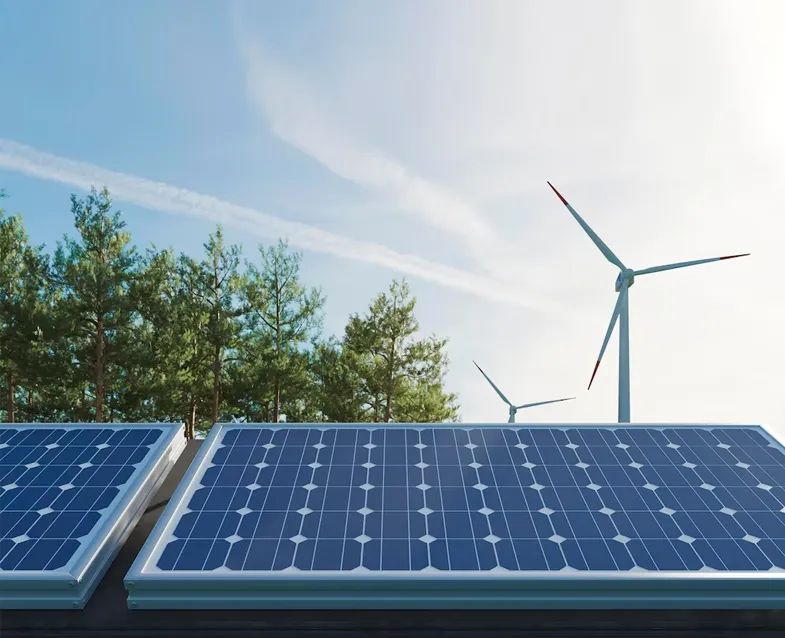
Long-Term Advantages for Users
Cost-Efficiency
- The long-term cost savings offered by IP67-rated microinverters are significant. Reduced maintenance needs and lower failure rates translate to decreased operational costs over the product’s lifespan. This means a more reliable energy solution with fewer unexpected expenses for users.
User Confidence
- The durability and reliability of IP67 microinverters build user confidence. Knowing that their energy system can withstand harsh conditions without frequent
Repairs or replacements reassure consumers, fostering trust in the technology and the manufacturers.
Overcoming Environmental Challenges
Microinverters with IP67 certification are designed to overcome various environmental challenges. From resisting water damage in rainy climates to preventing dust buildup in arid regions, these microinverters ensure uninterrupted performance. This resilience makes them an ideal choice for installations in diverse environmental settings, providing consistent energy output regardless of the external conditions.
Selecting the Right IP67 Microinverters
When choosing an IP67 microinverter, it’s essential to consider several factors:
- Environmental Conditions: Assess the typical environmental conditions of the installation site.
- Quality Assurance: Ensure the microinverters have been rigorously tested and certified to meet IP67 standards.
- Manufacturer Reputation: Opt for products from reputable or Custom microinverter manufacturers known for their quality and reliability.
Conclusion
Implementing IP67 waterproof standards in microinverters is not just a feature but a necessity for ensuring durability, safety, and efficiency. As the demand for reliable and robust renewable energy solutions grows, these standards will continue to play a critical role in developing microinverters. Embracing IP67-certified microinverters is a wise choice for any sustainable energy project, guaranteeing long-term performance and reliability.
FAQs
Q: Can IP67-rated microinverters be used in icy environments?
- A: Yes, IP67 microinverters are designed to withstand various temperatures, making them suitable for cold environments.
Q: How often do IP67 microinverters need maintenance?
- A: Thanks to their robust design, IP67 microinverters typically require less frequent maintenance than non-IP67-rated models.
Q: Are IP67 microinverters more expensive than standard models?
- A: While IP67 models might have a higher initial cost, their long-term reliability and reduced maintenance needs can make them more cost-effective.

